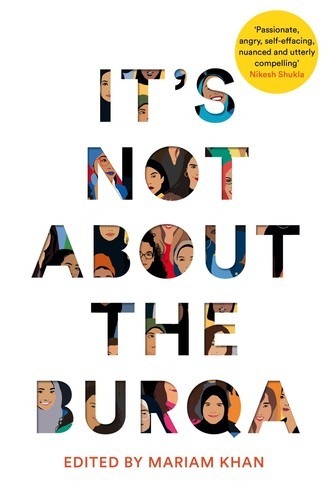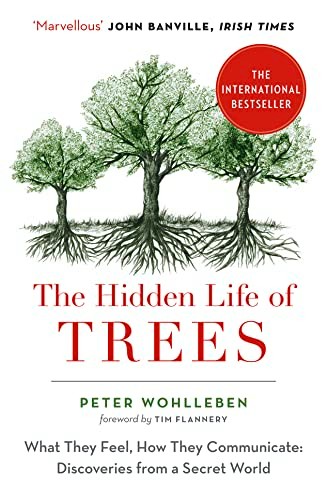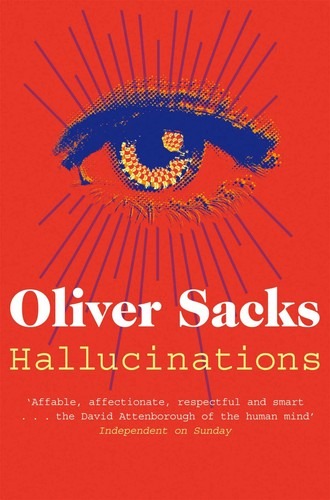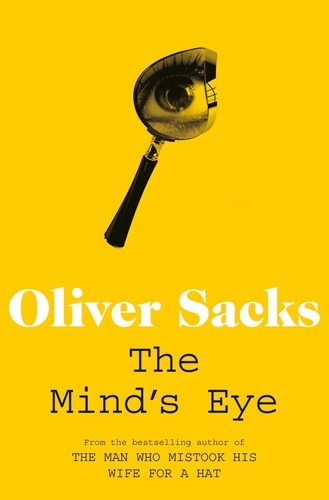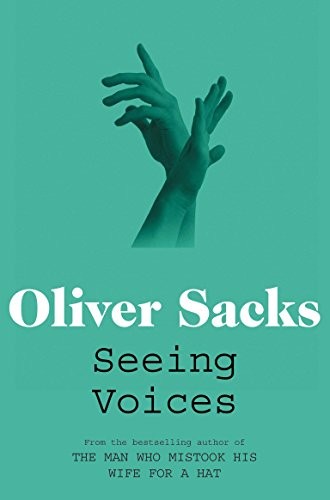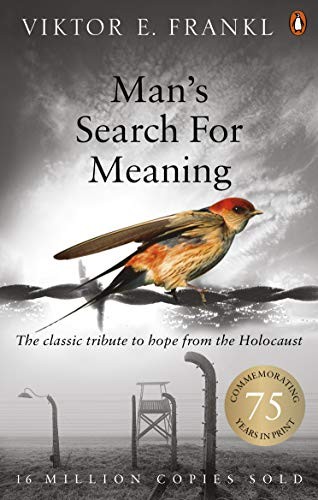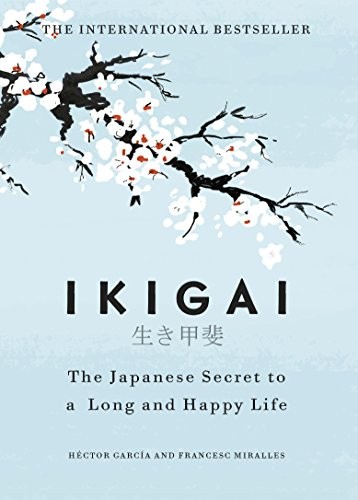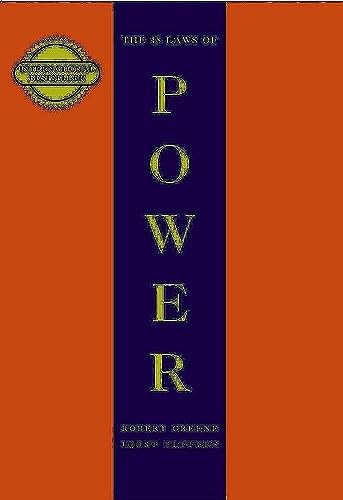It’s Not About the Burqa: Muslim Women on Faith, Feminism, Sexuality and Race
2.300,00 د.ج
It’s Not About the Burqa is an anthology of frank and insightful essays by Muslim women about the contemporary Muslim female experience.
‘Passionate, angry, self-effacing, nuanced and utterly compelling in every single way’ – Nikesh Shukla, editor of The Good Immigrant
When was the last time you heard a Muslim woman speak for herself without a filter?
In 2016, Mariam Khan read that David Cameron had linked the radicalization of Muslim men to the ‘traditional submissiveness’ of Muslim women. Mariam felt pretty sure she didn’t know a single Muslim woman who would describe herself that way. Why was she hearing about Muslim women from people who were neither Muslim, nor female?
Years later the state of the national discourse has deteriorated even further, and Muslim women’s voices are still pushed to the fringes – the figures leading the discussion are white and male.
Taking one of the most politicized and misused words associated with Muslim women and Islamophobia, It’s Not About the Burqa is poised to change all that. Here are voices you won’t see represented in the national news headlines: seventeen Muslim women speaking frankly about the hijab and wavering faith, about love and divorce, about feminism, queer identity, sex, and the twin threats of a disapproving community and a racist country.
With a mix of British and international women writers, from activist Mona Eltahawy’s definition of a revolution to journalist and broadcaster Saima Mir telling the story of her experience of arranged marriage, from author Sufiya Ahmed on her Islamic feminist icon to playwright Afshan D’souza-Lodhi’s moving piece about her relationship with her hijab, these essays are funny, warm, sometimes sad, and often angry, and each of them is a passionate declaration calling time on the oppression, the lazy stereotyping, the misogyny and the Islamophobia.
What does it mean, exactly, to be a Muslim woman in the West today? According to the media, it’s all about the burqa.
Here’s what it’s really about.
Shortlisted for Foyles Non-Fiction Book of the Year
‘Engrossing . . . fascinating . . . courageous’ – Observer
It’s Not About the Burqa is an anthology of frank and insightful essays by Muslim women about the contemporary Muslim female experience.
‘Passionate, angry, self-effacing, nuanced and utterly compelling in every single way’ – Nikesh Shukla, editor of The Good Immigrant
When was the last time you heard a Muslim woman speak for herself without a filter?
In 2016, Mariam Khan read that David Cameron had linked the radicalization of Muslim men to the ‘traditional submissiveness’ of Muslim women. Mariam felt pretty sure she didn’t know a single Muslim woman who would describe herself that way. Why was she hearing about Muslim women from people who were neither Muslim, nor female?
Years later the state of the national discourse has deteriorated even further, and Muslim women’s voices are still pushed to the fringes – the figures leading the discussion are white and male.
Taking one of the most politicized and misused words associated with Muslim women and Islamophobia, It’s Not About the Burqa is poised to change all that. Here are voices you won’t see represented in the national news headlines: seventeen Muslim women speaking frankly about the hijab and wavering faith, about love and divorce, about feminism, queer identity, sex, and the twin threats of a disapproving community and a racist country.
With a mix of British and international women writers, from activist Mona Eltahawy’s definition of a revolution to journalist and broadcaster Saima Mir telling the story of her experience of arranged marriage, from author Sufiya Ahmed on her Islamic feminist icon to playwright Afshan D’souza-Lodhi’s moving piece about her relationship with her hijab, these essays are funny, warm, sometimes sad, and often angry, and each of them is a passionate declaration calling time on the oppression, the lazy stereotyping, the misogyny and the Islamophobia.
What does it mean, exactly, to be a Muslim woman in the West today? According to the media, it’s all about the burqa.
Here’s what it’s really about.
Shortlisted for Foyles Non-Fiction Book of the Year
‘Engrossing . . . fascinating . . . courageous’ – Observer
| Editeur |
|---|
Produits similaires
The Hidden Life of Trees: What They Feel, How They Communicate
Hallucinations
Musicophilia: Tales of Music and the Brain
The Mind’s Eye
Seeing Voices: A Journey into the World of the Deaf
Man’s Search For Meaning: The classic tribute to hope from the Holocaust
'A book to read, to cherish, to debate, and one that will ultimately keep the memories of the victims alive' John Boyne, author of The Boy in the Striped Pyjamas
A prominent Viennese psychiatrist before the war, Viktor Frankl was uniquely able to observe the way that both he and others in Auschwitz coped (or didn't) with the experience. He noticed that it was the men who comforted others and who gave away their last piece of bread who survived the longest - and who offered proof that everything can be taken away from us except the ability to choose our attitude in any given set of circumstances. The sort of person the concentration camp prisoner became was the result of an inner decision and not of camp influences alone. Frankl came to believe man's deepest desire is to search for meaning and purpose. This outstanding work offers us all a way to transcend suffering and find significance in the art of living.
Ikigai: The Japanese secret to a long and happy life
The 48 Laws Of Power
Some laws teach the need for prudence ("Law 1: Never Outshine the Master"), the virtue of stealth ("Law 3: Conceal Your Intentions"), and many demand the total absence of mercy ("Law 15: Crush Your Enemy Totally"), but like it or not, all have applications in real life.
Illustrated through the tactics of Queen Elizabeth I, Henry Kissinger, P. T. Barnum, and other famous figures who have wielded--or been victimized by--power, these laws will fascinate any reader interested in gaining, observing, or defending against ultimate control.

